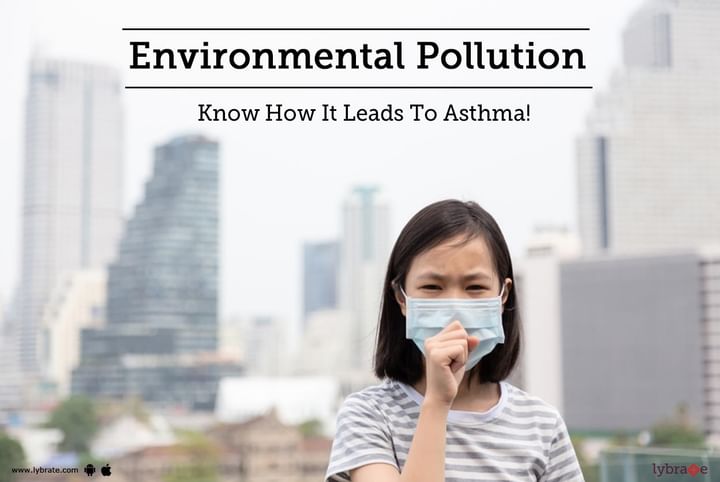Pollution As An Asthma Break Off!
Asthma is a distressing condition during which people find it difficult to breathe as the bronchi or tubes carrying air to lungs swell up. This happens when mucus inside bronchi comes into contact with an allergen like a pollutant or dirt causing symptoms like wheezing, coughing, more mucus production and difficulty breathing. There is no cure for asthma. As of now, it can only be managed. But managing asthma becomes really difficult during low air quality days, especially during winters when it’s cold and dry.
The most common air pollutants are gases like sulphur dioxide, nitrogen dioxide, vehicle smoke, and suspended particles. Each one of them can trigger an asthma attack by itself because of its deleterious effect on the lungs. The smaller the particulate matter is, the more dangerous it becomes as these particles get lodged in the air sacs inside lungs, causing not just asthma from worsening but also fatal diseases like lung cancer.
So, most asthma patients suffer from frequent attacks due to air pollution. How can these attacks be prevented? Here are some tips:
- According to research, asthma can be managed by making modifications in everyday life. On high air pollution days due to ozone, for example, asthmatics tend to experience more lung inflammation. If you are an asthmatic, you should reduce time spent outdoors, especially doing strenuous activity in the mornings and evenings. Keeping medications on hand and using those at the very start of an asthma attack also helps. There should always be a plan in place to lessen the chance of an asthma attack on poor air quality days starting from a rescue inhaler to preventive medication if your doctor feels you need it.
- Stay hydrated and breathe through the nose. Dehydration is dangerous for asthmatics especially when air quality is bad. In this case, lungs can become badly affected because they need right temperature and levels of water to work properly. It’s crucial to breathe through the nose only and not the mouth as the air breathed in from the mouth can be very cold and dry and can cause even more inflammation of the lungs.
- Know your asthma triggers and change lifestyle. Avoiding your triggers is key to managing asthma. If traffic fumes are a trigger, it’s best to change the route you take to work to manage your asthma. If you don’t know your triggers look back at your last asthma attack and remember what you were doing. Did you pet your dog? Write a diary and discuss with your doctor on how to avoid your triggers. Use a face mask when outdoors to limit exposure to allergens.
- Track your asthma to recognise early signs of asthma. If you know that it’s getting worse, you should have a fool-proof plan in place.



+1.svg)
